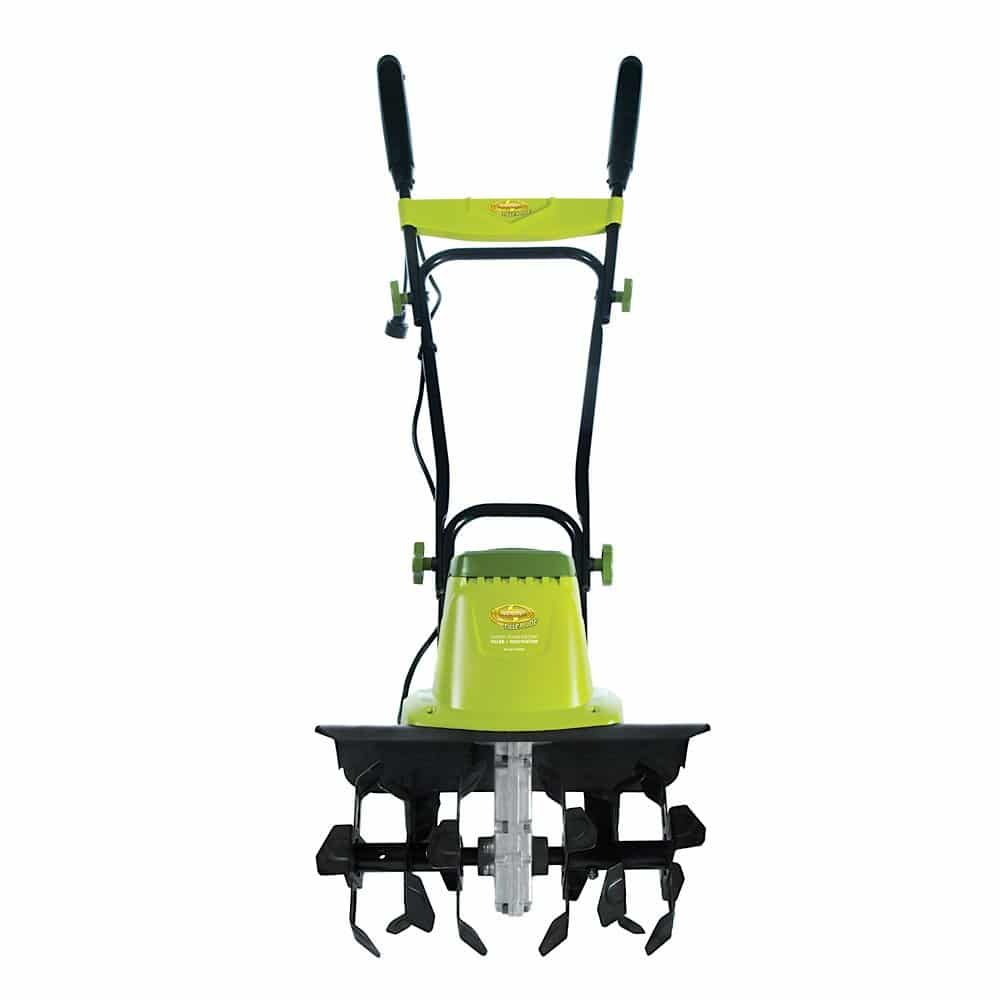Are you looking for an eco-friendly ant repellent? You may have heard that cornmeal is a natural and effective way to get rid of ants. However, does cornmeal really kill ants or is it just a myth? In this article, we will explore the truth behind using cornmeal as an ant killer and provide you with alternative natural methods to prevent ant invasions.
Cornmeal is often touted as an eco-friendly ant repellent, but according to multiple sources, it does not actually kill ants. In fact, ants are attracted to cornmeal because it contains carbohydrates, which they consider as food.
Claims that ants will explode or die from ingesting cornmeal are unfounded. However, cornmeal can still be useful in the battle against ants when used as part of a baiting treatment. By mixing cornmeal with an ant killer like boric acid, you can create an effective ant bait solution.
If you want to use cornmeal as ant bait, mix nine parts cornmeal with one part boric acid, and add enough soybean oil, peanut butter, or honey to create a paste-like solution. This bait can be placed along gaps, crevices, and entry points where ants are commonly found.
When ants encounter the bait, they will be attracted to its scent and carry it back to their nest. The slow-acting boric acid in the bait will gradually weaken and kill the ants, including the larvae and queen.
While cornmeal can be a component of an effective ant bait, there are also other natural methods to prevent ant infestations. Some options include using vinegar as a repellent, spreading food-grade diatomaceous earth around ant hills, creating a cement-like material with cornstarch, misting it with water, using essential oils like peppermint and citrus, or relying on herbs and spices such as cinnamon and garlic. Mixing borax with sugar can also create a deadly ant bait, while pouring boiling water mixed with soap can help flush out ant colonies.
It’s important to note that cornmeal and other natural methods are not instant solutions and may require ongoing prevention efforts. If you’re dealing with a significant ant problem, it may be best to consult a pest control professional.
So, if you’re looking for an eco-friendly ant repellent, remember that while cornmeal may not directly kill ants, it can be used as part of an effective ant bait solution. Explore other natural methods and find the best approach to prevent ant invasions in your home.
Using Cornmeal as Ant Bait
If you want to use cornmeal to get rid of ants, it is best used as part of a baiting treatment. Cornmeal alone may not kill ants, but when combined with other ingredients, it can effectively eliminate ant colonies. Here’s how to create an ant bait solution using cornmeal:
- Mix nine parts cornmeal with one part boric acid. The boric acid acts as the ant killer, while the cornmeal serves as an attractive food source for the ants.
- Add enough soybean oil, peanut butter, or honey to the mixture to create a paste-like consistency. These ingredients help bind the bait together and make it more enticing to the ants.
- Place small amounts of the ant bait solution along gaps, crevices, and entry points where ants are commonly found. Make sure to keep it out of reach of children and pets.
- When the ants encounter the bait, they will be attracted to the sweetness and bring it back to their nest.
- The ants will feed the bait to the larvae and queen, causing the boric acid to slowly weaken and kill the entire colony.
It is important to note that the effectiveness of the baiting treatment may vary depending on the ant species and the size of the infestation. For severe ant problems, it is recommended to consult a pest control professional.
By using cornmeal as ant bait, you can target ant colonies at their source and effectively eliminate them. Just remember to follow the instructions carefully and be patient, as it may take some time for the bait to take full effect.
Other Natural Methods to Prevent Ants
While cornmeal may not be effective at killing ants, there are other natural methods that can help prevent ant invasions. Here are some alternative solutions:
- Vinegar: Use vinegar as a natural ant repellent by spraying it around entrance points. Ants dislike the strong smell of vinegar, making it an effective deterrent.
- Food-grade diatomaceous earth: Sprinkle food-grade diatomaceous earth around ant hills. This natural substance is harmful to ants but safe for humans and pets.
- Cornstarch: Sprinkle cornstarch around areas with ant activity and mist it with water. This creates a cement-like substance that suffocates ants, preventing them from moving freely.
- Essential oils: Use essential oils like peppermint or citrus to repel ants. Mix a few drops with water in a spray bottle and apply it around entrance points to create a barrier.
- Herbs and spices: Sprinkle cinnamon, garlic, or other herbs and spices known to deter ants around entryways and ant trails. The strong scents will discourage them from entering.
- Borax and sugar: Create a deadly ant bait by mixing borax and sugar. Ants are attracted to the sugar but ingest the borax, which ultimately kills them.
- Boiling water and soap: Flush out ant colonies by pouring boiling water mixed with soap onto ant hills. This method disrupts their nests and helps eliminate the entire colony.
Remember, prevention is key when dealing with ants. By using these natural methods, you can deter ants from entering your home and reduce the risk of infestations.
Will Using Cornmeal to Kill Ants Attract or Repel Black Spiders in Michigan?
Using cornmeal to kill ants will not attract black spiders in Michigan. In fact, cornmeal is known to repel ants rather than attract other pests like black spiders in Michigan. It can be effective in getting rid of ants without the risk of attracting other unwanted insects like black spiders in Michigan.
Conclusion
In conclusion, while plain cornmeal does not kill ants, it can be incorporated into ant baits when mixed with an ant killer like boric acid. Other natural methods, such as using vinegar, diatomaceous earth, essential oils, and herbs, can also help prevent ant infestations. The key to effectively using cornmeal or other natural methods is to understand that they are not instant solutions and may require time and ongoing prevention efforts. If you have a significant ant problem, it may be best to contact a pest control professional for assistance.









